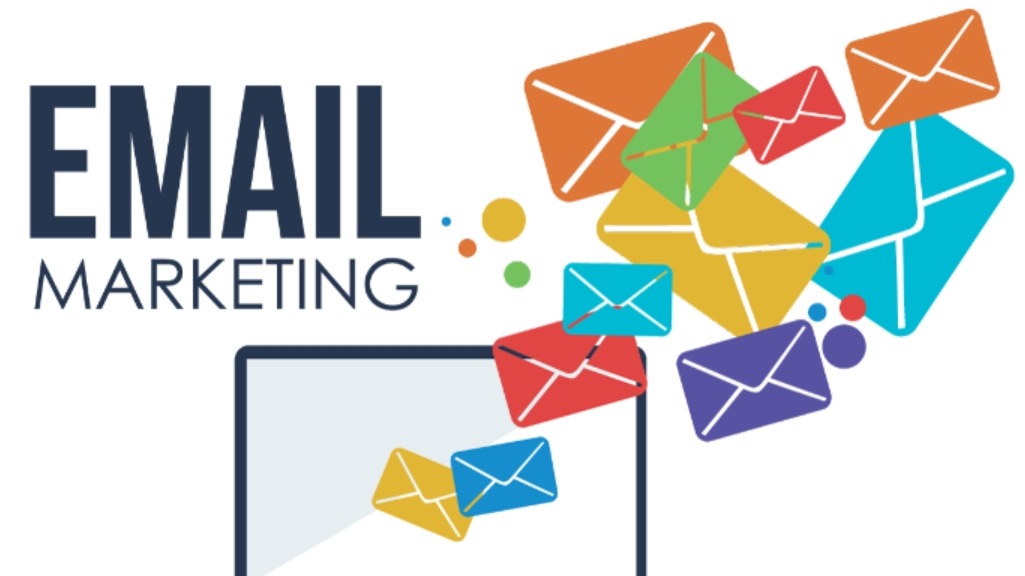Marketing on Search Engines – Getting the Biggest Bang for Your Buck
With its global audience, the Internet provides a unique revenue generation platform with search engines. This is where your business will be made or thrown on the refuse pile. Marketing on Search Engines – Getting the Biggest Bang for Your Buck Search engines are similar to the streets of a major city. Some search engines represent the major avenues where people congregate while others are more similar to back alleys where almost nobody goes or at least not the kind of people you want to meet in…a dark alley.
Cutting to the chase, your traffic generation efforts should focus on Google, Yahoo and MSN. These three search engines control the vast majority of traffic on the Internet. Not only do lots of people uses them to find things, the big three provide search results to many other search engines as well. For instance, Google supplies ads and search results for AOL. Dogpile compiles the various search results from the big three in its listings. Alta Vista uses Yahoo search results. This scenario is so expansive that the big three search engines are simply the only way to go. This means you need to focus on them to the exclusion of others. When you focus on these sites, two approaches can be taken – pay-per-click advertising and search engine optimization. Other forms of search engine marketing, such as banner ads, produce poor results and should be avoided.
Let’s take a closer look at the big two. Pay-per-click advertising [ppc] is platform whereby you pay for placement on a search engine. The two major ppc platforms are Overture and Google Adwords. Overture places ads on the Yahoo and MSN search engines. Google Adwords places ads on Google and AOL search results. Both platforms place ads on other search engines and sites, so you will see your listings appearing everywhere. The advantage of PPC advertising is you get immediate traffic for your site. You can use the traffic to test the content on the site and whether visitors convert into paying customers. The downside is you are paying for traffic, which means you must pay close attention to your return on investment. All and all, PPC advertising should be used at the outset of a marketing campaign while you wait for optimized pages to get natural rankings. Search engine optimization [seo] is by far the most effective way to go on the big three. Once you obtain top three rankings for a keyword, you receive more traffic than you would from ppc and it is all free! This does wonders for your profitability. If you can figure out seo on your own, your cost of marketing should eventually become your time and a few dollars a month for tools.
This results in obscenely high profits margins. If you prefer to use a seo firm, your costs are going to go up significantly. Once the free traffic starts rolling in, however, you should get an excellent return on investment. The downside to seo is it takes a lot of time and work. You can expect to wait up to a year for top Google rankings, although Yahoo and MSN rankings will appear much sooner. In light of this waiting period, PPC advertising is a must at the outset of a search engine marketing campaign. Internet marketing is a fairly simple game.
Focus on the big three search engines with a combination of ppc and seo efforts. Stick to these two and you should see good results.


